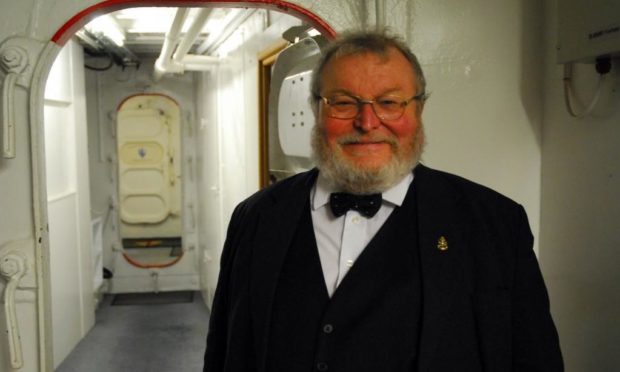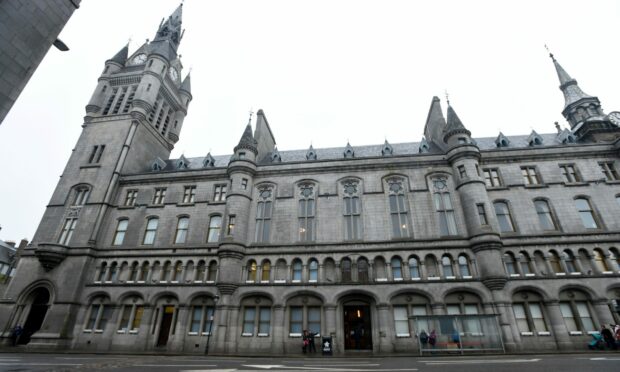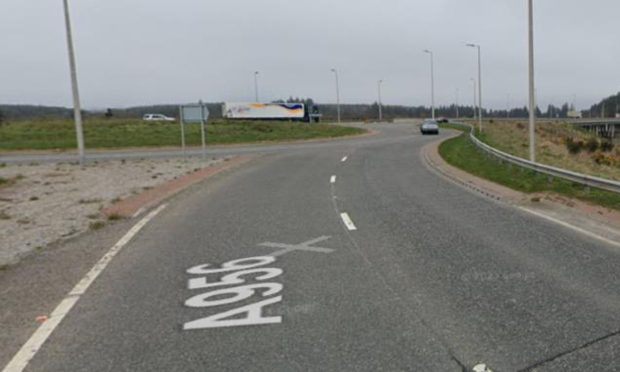Naval historian Professor Eric Grove has been remembered as a “larger than life character” and a respected expert in his field.
The academic, who has died aged 72, authored several highly regarded books on the British Navy and the future of ocean-going vessels, and lectured at some of the UK’s most prestigious universities.
Prof Grove frequently appeared on television and in documentaries on naval matters, including BBC’s Timewatch and Channel 4’s “Hunt for the Hood and the Bismarck”.
He was also known for always wearing his trademark bow-tie.
Born in Bolton, Lancashire, Prof Grove relocated to Aberdeen as a child in 1960 when his doctor father accepted a senior medical appointment with the Blood Transfusion Service at Aberdeen Royal Infirmary.
He attended Aberdeen Grammar School and then Aberdeen University, achieving a First-Class Honours degree in History in 1970.
As a young man, he was also a member of the choir at St Andrews Cathedral on King Street.
After obtaining a post-graduate degree in war studies at Kings College London he joined the civilian staff of the Britannia Royal Naval College Dartmouth, during which time he became the first Dartmouth Academic an exchange year with the US Naval Academy, Annapolis, Maryland.
For much of the 1980s Prof Grove was a freelance academic and defence consultant.
During this period he also authored a number of very highly regarded books including From Vanguard to Trident; British Naval Policy Since 1945 and The Future of Sea Power.
In 1993 he joined the Centre for Security Studies at the University of Hull, obtaining a Doctorate three years later.
Then, in 2005, Prof Grove moved to the University of Salford as Professor of Naval History and Director of the Centre for International Security and War Studies.
After a final two years as professor of Naval History at Hope University Liverpool, he stepped down from full-time teaching in 2015 but continued to lecture at conferences, write and act as a visiting supervisor and examiner for PhDs at Cambridge University.
During his lifetime Prof Grove was regarded as an entertaining, enthusiastic and hugely knowledgeable lecturer who rarely used notes.
He is survived by his wife Swee Poh, his brother Peter and his family.










